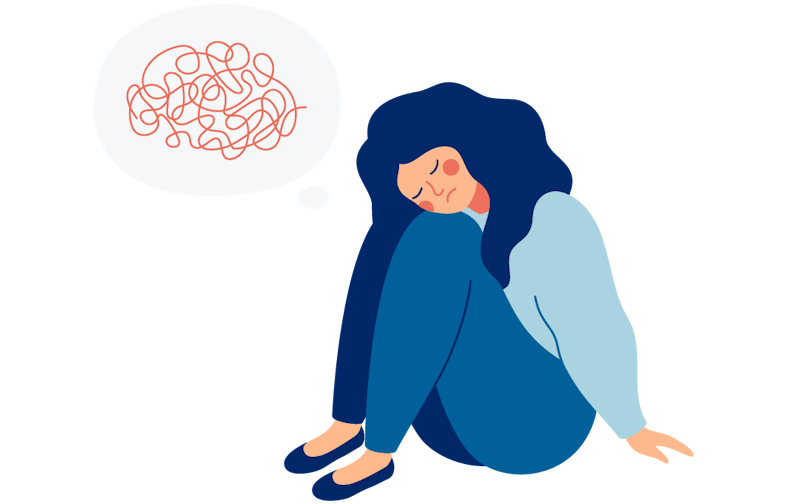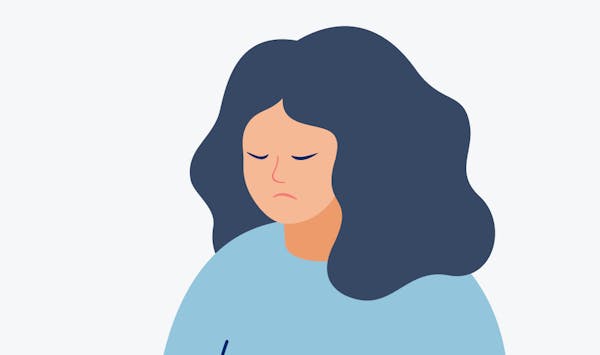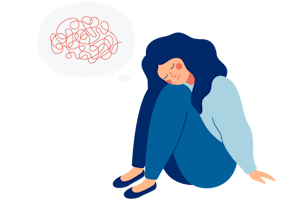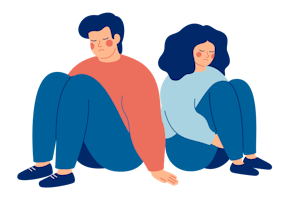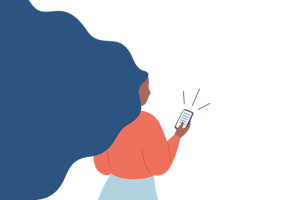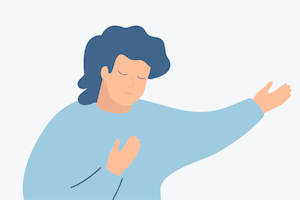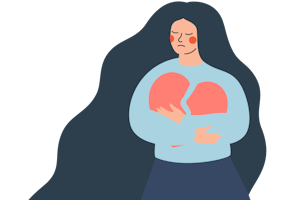Emotional abuse is prohibited in Iceland
Threats, humiliation, intense monitoring, and using control to make you feel bad, are all examples of emotional abuse.
If someone around you makes you feel this way or if you are experiencing any of these things, you are likely in an abusive relationship.
People who abuse others often try to excuse it by blaming the other person or make excuses like being under the influence of alcohol, drugs, or stress.
Remember, it is never your fault if someone abuses you!
The repercussions of emotional abuse can run deeper than physical abuse.
Emotional abuse leaves invisible wounds that are often difficult to see.
